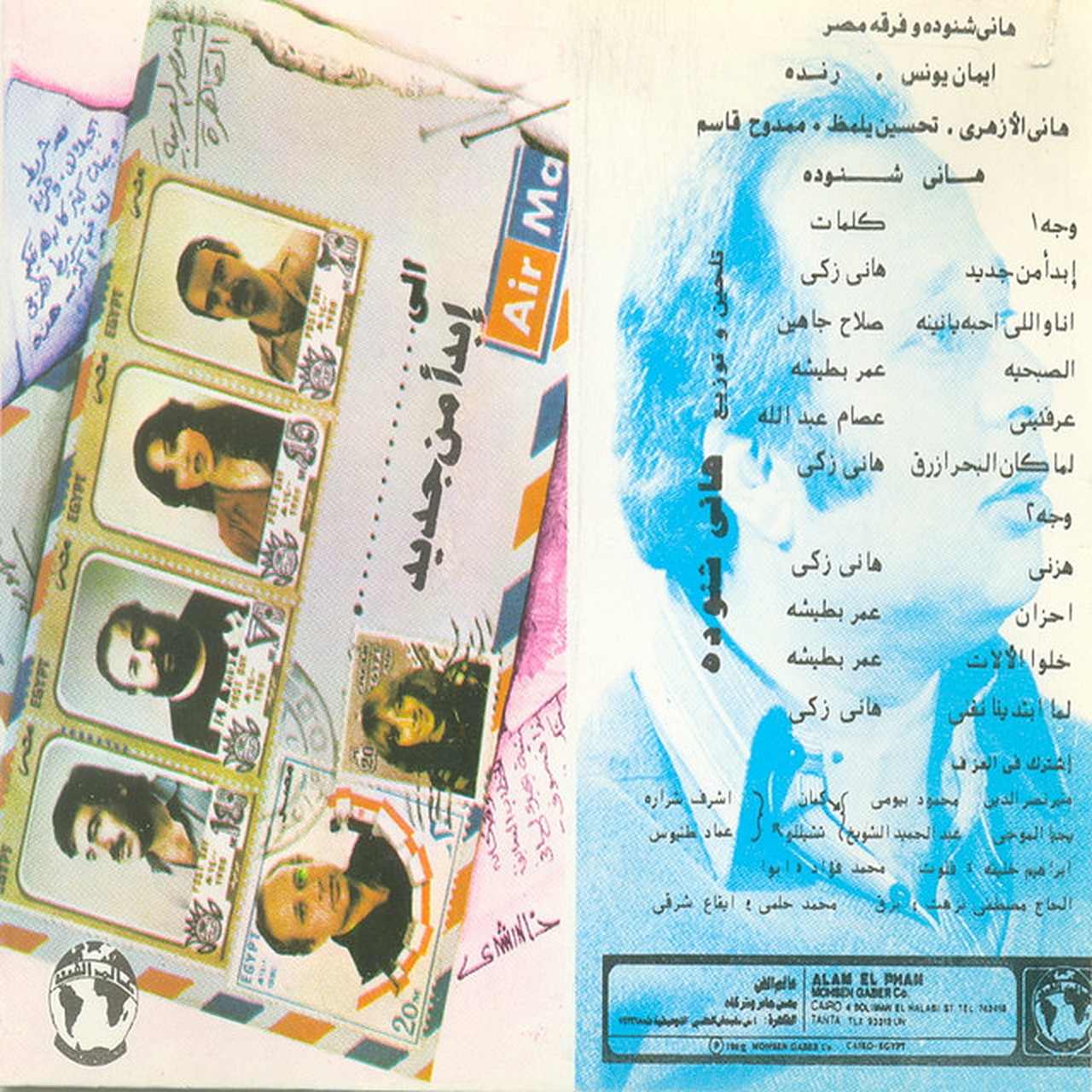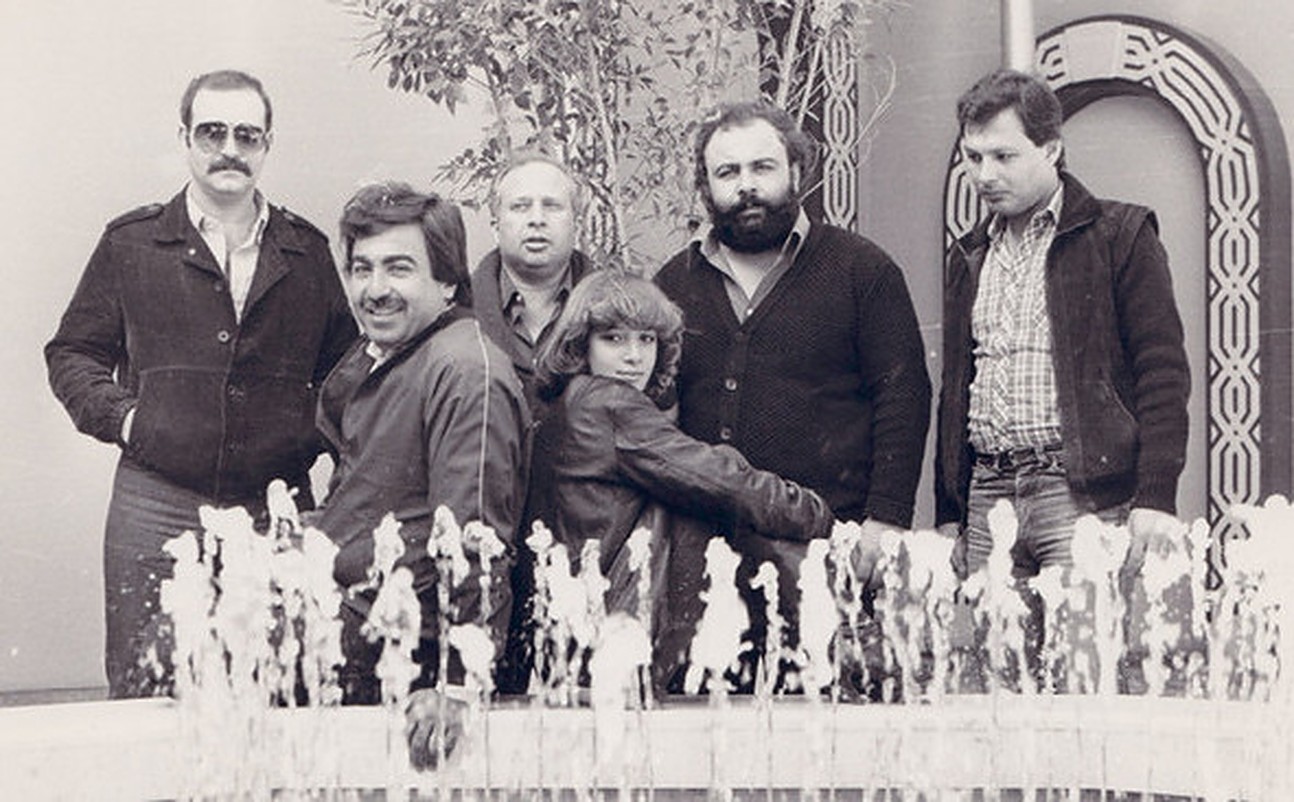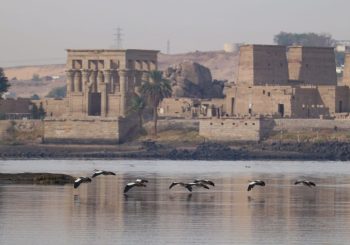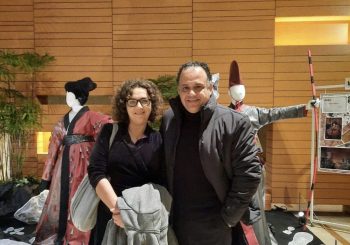
Nostalgia can represent more than just a revival of past times, or the memories and feelings that one experiences. It also symbolizes cultural reality and the rejection of another opposing reality.
To be attached to the past is no longer seen as just a phase, some note that it is a deeper phenomenon embedded in modern culture. Hauntology — a concept that was developed in the 90s onwards by French philosopher Jacques Derrida and social theorist Mark Fisher — asserts the 21st century is in a way “haunted” by the past. It notes that while technology is rapidly evolving at a faster rate, culture in contrast gets stuck in a whirlwind of the past — reinventing pre-existing culture and art under the illusion that it is ‘new’. Degradation of the environment, or political and social structures, also prompts many to reminisce about a romanticized version of the past.
Globally, 80s and 70s influences have been creeping into many popular tracks, from Dua Lipa’s Physical that pays homage to the TV exercise classes of the 80s, to The Weeknd’s Blinding Lights, which includes a synth-pop keyboard hook.
In the 1970s, following the death of the iconic Egyptian singer, Umm Kalthoum, and the rise of Western bands such as ABBA and Boney M, Egypt witnessed its own pop and disco renaissance, with the first Egyptian pop band ‘El-Masreyeen’ (The Egyptians) coming to life around the same time. Founded by music pioneer Hany Shenouda, the band introduced new harmonies, electronic sounds and instruments, such as drums, base and lead guitar.
Breaking away from the tradition of solo singers and classical music, El-Masreyeen proved that Egyptians can define their own pop/disco genre without relying too heavily on Western songs. Instead, they created their own style and themes, with the example of the song ‘“Horreya” (“Freedom”), with lyrics that sang “horeya!” “Freedom… freedom… in the world, freedom. Don’t control my darling and don’t let him control me… freedom!”
Speaking to Al Masry Al Youm, Hany Shenouda said that many people were opposing the band’s presence as they deemed it “harmful to the idea of “Orouba,” (Arab unity)”. Yet despite these criticisms, the band was received well at the time due to their fresh sounds that were regarded as a much-needed ‘breather’ and a break from the music of the 60s and 50s. It was reportedly Naguib Mahfouz, renowned Nobel prize winner and Egyptian writer, who proposed the idea of a new Egyptian band to Hany Shenouda, to create music that would reflect the new realities of Egyptians at the time.
“We transformed Egyptian music from being monophonic music, where the singer and the orchestra would play the same note, to polyphonic music that makes the keyboard, the bass, etc., play different notes. This is the change we made and that was the base we gave to modern Egyptian music,” Shenouda notes.
To relive the magic of the past, here are some tracks by Egyptian artist Hany Shenouda and El Masryeen:
Horreya
Blending a mixture of sounds and melodies, ‘Horreya’ represents the heart of El-Masryeen band’s essence and music, capturing the originality of their sound and socially conscious lyrics.
Longa 85
Fusing funk, disco, synth-pop and even Egyptian drum beats, this song introduces El-Masryeen band’s authentic Egyptian pop sound, which continues to influence modern Egyptian music today.
Asef Geddan
Distinguished by its honest lyrics, Asef Geddan is an example of how El Masryeen focuses on purely Egyptian dialect and style; targeting mainly Egyptian audiences and the local Egyptian identity.
Lama Kan El Bahr Azraa
Reflecting society’s issues and politics, this song is about a woman who dumps her man because he’s too possessive, controlling and interferes excessively in her life.







Comments (4)
[…] Reliving the Magic of the Past: Remembering 70s Egyptian Pop Band ‘El-Masryeen’ […]
[…] Source link […]